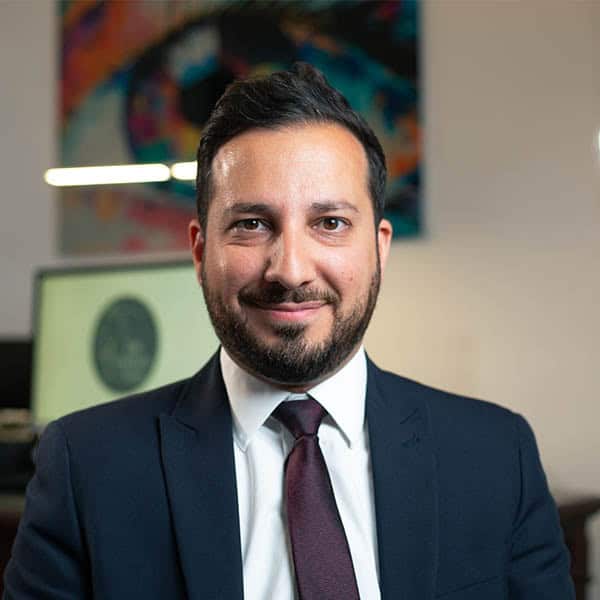Vocal Surgery in Reading
If you’re struggling with persistent voice problems that haven’t improved with therapy or medical treatment, vocal surgery offers an alternative solution. At The Forbury Clinic in Reading, we provide expert assessment and surgical care for voice disorders, helping you regain a clear, strong voice.

What is voice surgery, and what does it do?
Voice surgery refers to a range of procedures designed to treat conditions affecting the vocal cords; such as nodules, polyps, cysts or paralysis. The aim is to improve the quality of the voice, restore normal vocal cord function and relieve symptoms like hoarseness, breathiness or vocal strain. Surgery is typically recommended when conservative measures like voice therapy have not been effective.

What types of voice surgery are available?
Common types of voice surgery at The Forbury Clinic include:
Microlaryngoscopy (removal of nodules, polyps or cysts)
Vocal cord injection (to improve vocal cord closure)
Thyroplasty (surgery to reposition or reshape the vocal cords)
Laser surgery (for certain lesions or abnormalities)
Reinnervation procedures (to restore nerve function in cases of vocal cord paralysis)
What are the risks and potential complications?
As with any surgical procedure, there are risks, though complications from vocal surgery are uncommon when performed by our experienced specialists. Possible risks include hoarseness, infection, bleeding, scarring or, rarely, changes to vocal quality. Your surgeon will discuss these carefully with you before proceeding.
Where can I get it done, and how do I choose a surgeon?
Vocal surgery should always be performed by a consultant ENT surgeon with specific experience in laryngology and voice care. At The Forbury Clinic, you’ll be seen by specialists with advanced training in voice surgery, ensuring you receive expert, personalised care in a comfortable and supportive environment.

Meet Our Voice Surgery Specialists
Voice Clinic FAQs
- Who should visit a voice clinic?
Anyone experiencing persistent voice changes, hoarseness, vocal fatigue, pain while speaking, or voice loss should consider visiting. It’s especially recommended for professional voice users like singers, teachers, actors, and speakers.
- What conditions are treated at a voice clinic?
Common conditions include vocal nodules, polyps, vocal cord paralysis, muscle tension dysphonia, laryngitis, and voice issues due to reflux or neurological disorders.
- Do I need a referral to visit a voice clinic?
This depends on the clinic. Some private clinics accept self-referrals, while NHS or hospital-based clinics may require a GP or ENT referral.
- Can stress or anxiety affect the voice?
Yes. Psychological factors like stress or anxiety can lead to muscle tension dysphonia, a common cause of voice problems.
How long is the recovery time?
Recovery time varies depending on the type of surgery performed. Some procedures allow you to return to normal activities within a few days, while others may require a short period of voice rest followed by gradual rehabilitation. Your consultant will provide detailed recovery advice and a personalised follow-up plan.


Why Choose The Forbury Clinic?
The Forbury Clinic is known for specialist-led care, combining the latest surgical techniques with a deep understanding of vocal health. We work closely with speech and language therapists to provide integrated treatment plans that support recovery and long-term voice health. Whether you’re a professional voice user or simply want to regain healthy speech, you can trust our experienced team for expert, compassionate care.



